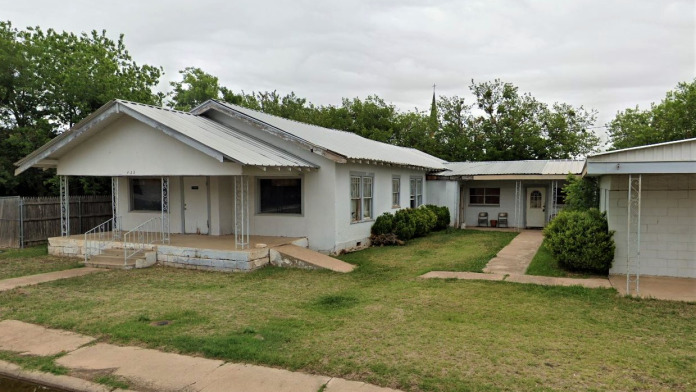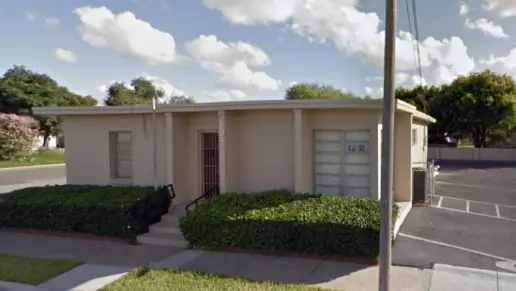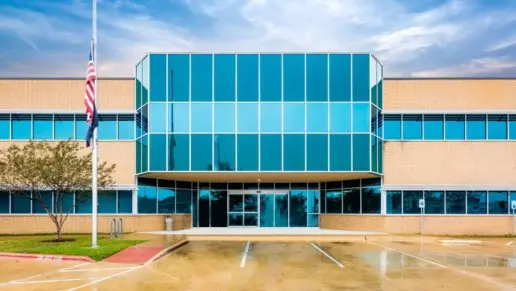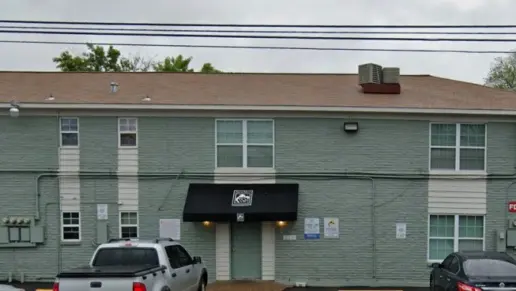I never stayed here i actually lived across the street. one of their tennants actually was flashing his genitals to my wife and also left notes talking about how he was peeping in our windows. all this was reported to the police and the manager but he was still allowed to st ...
About Jubilee House of Abilene
Jubilee House of Abilene is a residential drug and alcohol rehab for adults in Abilene, Texas. They offer dual diagnosis care, inpatient and supportive housing programming, and dedicated services for young adults, adolescents, and LGBTQ+ persons. Their primary treatment modalities include addiction counseling and recovery-focused life skills training.
Jubilee House of Abilene is a long-term residential treatment facility for adults in addiction recovery in Abilene, Texas. They provide inpatient and supportive housing and aftercare planning and support. Specialized programming is available for adolescents, young adults, LGBTQ+ persons, and persons with co-occurring addiction and mental illness.
The inpatient program at Jubilee House of Abilene allows clients to focus on their recovery in a highly structured and supportive environment and residential setting. Clients engage in intensive individual, group, and family therapy. They also participate in rigorous, recovery-focused life skills training designed to support clients’ long-term sobriety and successful reintegration into their home, workplace, and community. Recovery education may include courses in self-care, wellness, nutrition, anger and stress management, trauma resolution, and relapse prevention. The supportive housing/sober living model also enables clients to cultivate independent living skills, including household and financial management.
Clients exiting the residential program at Jubilee House of Abilene receive comprehensive aftercare planning and support. Services may include peer coaching, vocational training and career counseling, 12 step program induction, and referrals for medical, mental health, and social service programs.
Jubilee House of Abilene accepts self-pay.
Latest Reviews
Rehab Score
Gallery

Location
Other Forms of Payment
Self-pay involves paying for treatment out of your own pocket. You can use savings or credit, get a personal loan, or receive help from family and friends to fund your treatment. If you don't have insurance or your insurance plan doesn't cover a specific program, self-pay can help ensure you still get the care you need.
Medicaid is a state based program that helps lower-income individuals and families pay for healthcare. Medicaid covers addiction treatment so those enrolled can use their coverage to pay for rehab. When a program accepts Medicaid the client often pays very little or nothing out of their own pocket.
Medicare is a federal program that provides health insurance for those 65 and older. It also serves people under 65 with chronic and disabling health challenges. To use Medicare for addiction treatment you need to find a program that accepts Medicare and is in network with your plan. Out of pocket costs and preauthorization requirements vary, so always check with your provider.
Addiction Treatments
Levels of Care
Treatments
The goal of treatment for alcoholism is abstinence. Those with poor social support, poor motivation, or psychiatric disorders tend to relapse within a few years of treatment. For these people, success is measured by longer periods of abstinence, reduced use of alcohol, better health, and improved social functioning. Recovery and Maintenance are usually based on 12 step programs and AA meetings.
During rehab in Texas, you'll deal with underlying issues that contribute to addiction. By addressing these challenges and learning healthy ways to cope with them, you'll develop strategies that help you live a drug-free lifestyle.
Opioid rehabs specialize in supporting those recovering from opioid addiction. They treat those suffering from addiction to illegal opioids like heroin, as well as prescription drugs like oxycodone. These centers typically combine both physical as well as mental and emotional support to help stop addiction. Physical support often includes medical detox and subsequent medical support (including medication), and mental support includes in-depth therapy to address the underlying causes of addiction.
Substance rehabs focus on helping individuals recover from substance abuse, including alcohol and drug addiction (both illegal and prescription drugs). They often include the opportunity to engage in both individual as well as group therapy.
Programs


Clinical Services
Research clearly demonstrates that recovery is far more successful and sustainable when loved ones like family members participate in rehab and substance abuse treatment. Genetic factors may be at play when it comes to drug and alcohol addiction, as well as mental health issues. Family dynamics often play a critical role in addiction triggers, and if properly educated, family members can be a strong source of support when it comes to rehabilitation.
Group therapy is any therapeutic work that happens in a group (not one-on-one). There are a number of different group therapy modalities, including support groups, experiential therapy, psycho-education, and more. Group therapy involves treatment as well as processing interaction between group members.
In individual therapy, a patient meets one-on-one with a trained psychologist or counselor. Therapy is a pivotal part of effective substance abuse treatment, as it often covers root causes of addiction, including challenges faced by the patient in their social, family, and work/school life.
Amenities
-
Residential Setting
-
Private Setting
Contact Information
433 Reading street
Abilene, TX 79603


